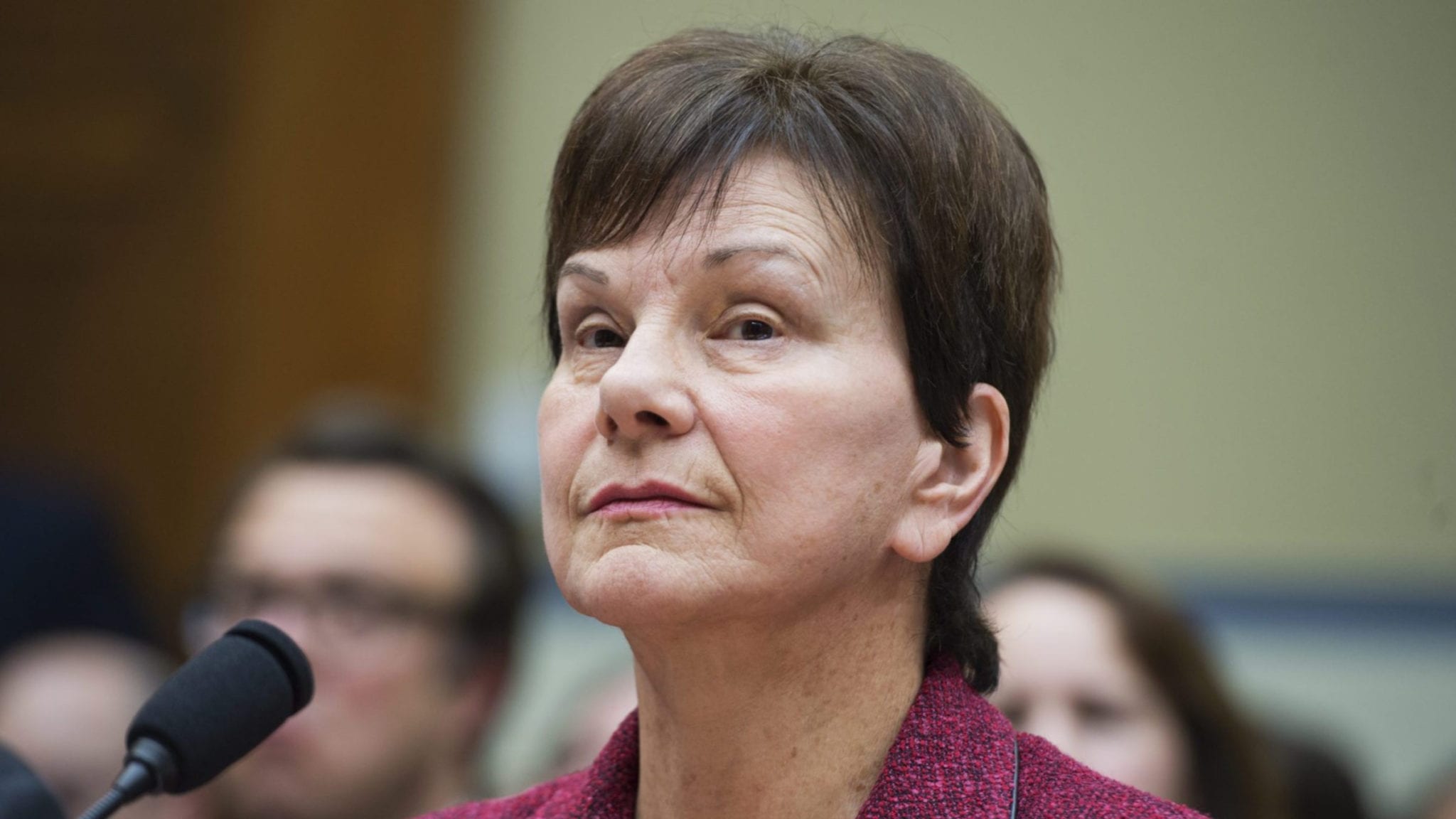
Janet Woodcock, acting FDA commissioner (AP Images)
Eli Lilly’s Covid-19 drug bamlanivimab is no longer distributed in 3 states because of a variant, Woodcock says
The US government is no longer distributing Eli Lilly’s bamlanivimab into California, Arizona and Nevada because of the prevalence of a viral variant that is …
Sign up to read this article for free.
Get free access to a limited number of articles, plus choose newsletters to get straight to your inbox.